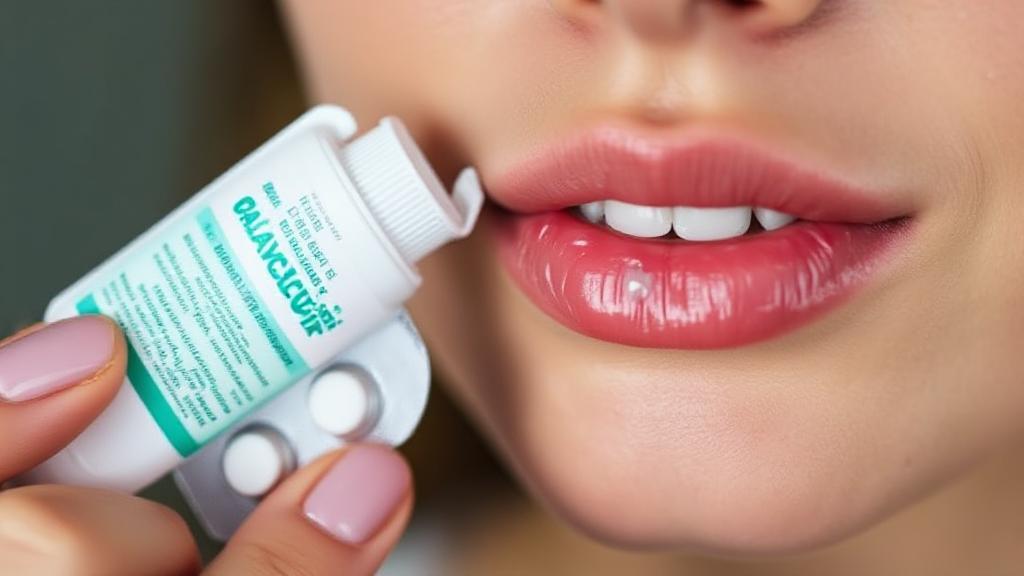Understanding Cold Sores and Valacyclovir
Cold sores, also known as fever blisters, are small, painful blisters that typically appear on or around the lips. They are caused by the herpes simplex virus (HSV), primarily HSV-1. Once infected, the virus remains dormant in the body and can be reactivated by factors such as stress, illness, or sun exposure.
Valacyclovir is an antiviral medication that works by slowing the growth and spread of the herpes virus. It is a prodrug that converts into its active form, acyclovir, after absorption, helping the body fight the infection more effectively.
How Quickly Valacyclovir Works
Initial Response Time
Valacyclovir begins working immediately after taking the first dose, though visible results aren't immediate. The medication starts fighting HSV-1 within 24-48 hours of administration. According to a study published in the Journal of Infectious Diseases, early intervention can reduce healing time by up to 50%.
Typical Timeline
- First 24 Hours: Many users report reduced symptoms like itching, burning, and tingling
- Days 2-3: Blisters may start to dry up and heal; pain and discomfort significantly reduce
- Days 4-5: Complete healing can occur, compared to 7-10 days without treatment
- Days 7-10: Most cold sores have fully healed
Factors Affecting Treatment Speed
| Factor | Impact |
|---|---|
| Timing of first dose | Earlier treatment = faster results |
| Immune system strength | Stronger immunity = quicker healing |
| Severity of outbreak | Larger sores may take longer to heal |
| Adherence to treatment | Following prescribed dosage is crucial |
"Studies show that untreated cold sores typically last 10-14 days, while those treated with valacyclovir often heal within 5-7 days." - American Academy of Dermatology
Tips for Using Valacyclovir Effectively
- Start treatment within 24 hours of first symptoms
- Take prescribed dosage (typically 2000mg twice daily)
- Stay hydrated to help your body fight the infection
- Identify and avoid potential triggers
- Keep prescription on hand for immediate treatment
- Consider suppressive therapy for frequent outbreaks
Complementary Treatments
While waiting for valacyclovir to take effect:
- Apply ice to reduce swelling
- Use over-the-counter pain relievers
- Keep the area clean and dry
- Avoid touching or picking at the sore
Important Considerations
Side Effects
While waiting for valacyclovir to work, patients might experience:
- Mild headache
- Nausea
- Dizziness
When to Seek Medical Attention
Consult a healthcare provider if:
- Symptoms worsen after 3 days
- Severe pain persists
- Signs of infection develop
For more information on managing cold sores, visit the American Academy of Dermatology or MedlinePlus.
Remember that while valacyclovir is highly effective, it's not a cure for HSV-1. The virus remains dormant in the body, and future outbreaks are possible. However, prompt treatment can significantly reduce both the duration and severity of cold sore episodes.
